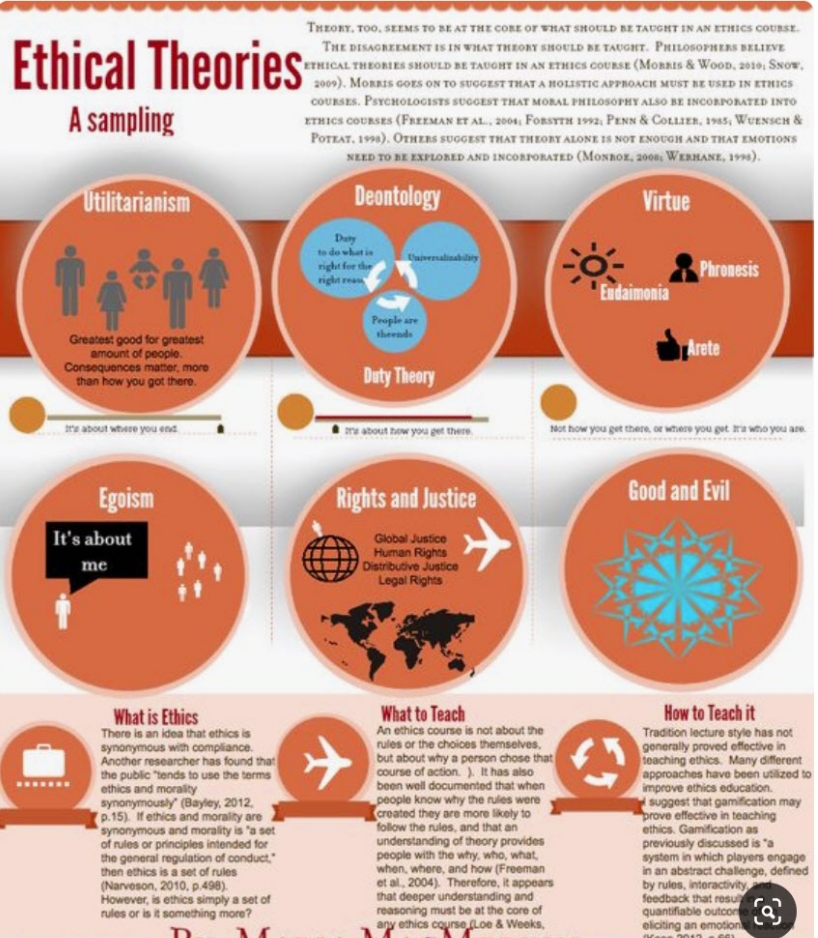Companies and those who work for them must act responsibly wherever they go-- besides improving performance, acting responsibly and behaving appropriately promotes prosperity and peacefulness. However, when an individual moves abroad, moral reasoning becomes quite complicated. Consequences often vary due to legal differences, and what is right or wrong may depend to an extent on local values. People need to figure out how make moral decisions—and so do the companies they work for. Certainly, it is tempting to assume that there is almost universal agreement on what’s right and what’s wrong when it comes to ethical and socially responsible behavior in business. In the real world, however, managers face situations from country to country in which the whys and hows of applying cultural values are less than crystal clear. Furthermore, everything that complicates dilemmas in the domestic business environment tends to complicate them even further in the international arena, given wide-ranging variability in cultural, political, legal, economic outlooks and orientations. In such situations, managers rely upon principles and practices to organize since making activities that support effective decision-making. With this in mind, many of us wonder exactly “what is ethics?” As we see in the infographic below, ethics ultimately is a _______ A) specific regulation of beliefs B) contextual standards of morality C) series of recommendations and suggestions D) set of rules E) perspectives on compliance
Companies and those who work for them must act responsibly wherever they go-- besides improving performance, acting responsibly and behaving appropriately promotes prosperity and peacefulness. However, when an individual moves abroad, moral reasoning becomes quite complicated. Consequences often vary due to legal differences, and what is right or wrong may depend to an extent on local values. People need to figure out how make moral decisions—and so do the companies they work for.
Certainly, it is tempting to assume that there is almost universal agreement on what’s right and what’s wrong when it comes to ethical and socially responsible behavior in business. In the real world, however, managers face situations from country to country in which the whys and hows of applying cultural values are less than crystal clear.
Furthermore, everything that complicates dilemmas in the domestic business environment tends to complicate them even further in the international arena, given wide-ranging variability in cultural, political, legal, economic outlooks and orientations.
In such situations, managers rely upon principles and practices to organize since making activities that support effective decision-making.
With this in mind, many of us wonder exactly “what is ethics?”
As we see in the infographic below, ethics ultimately is a _______

Step by step
Solved in 2 steps






